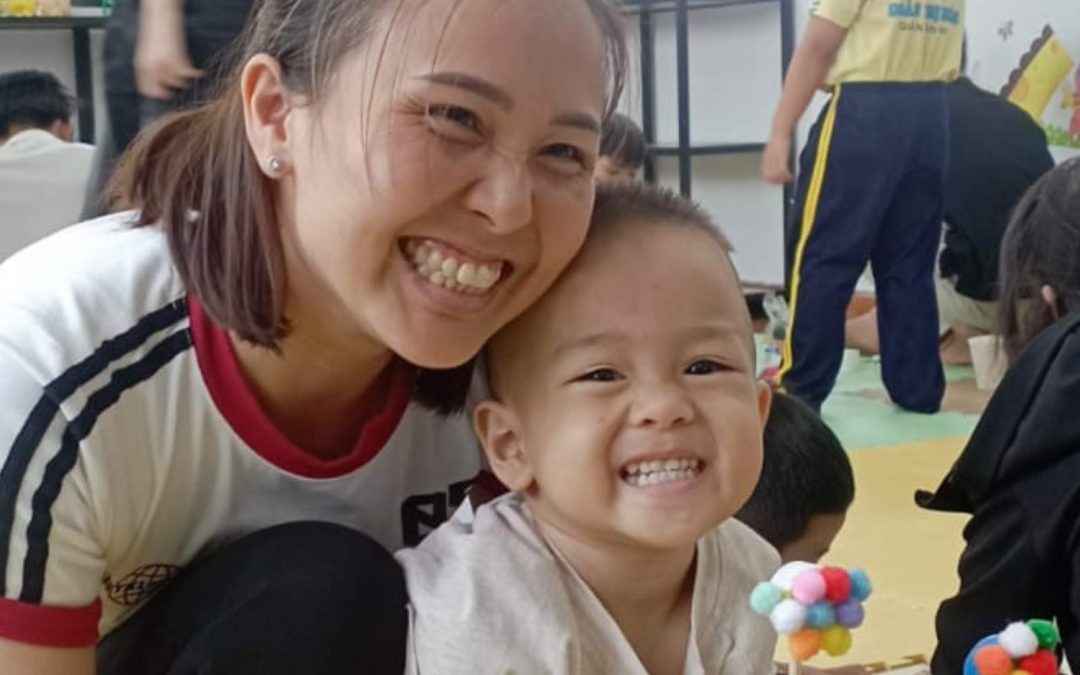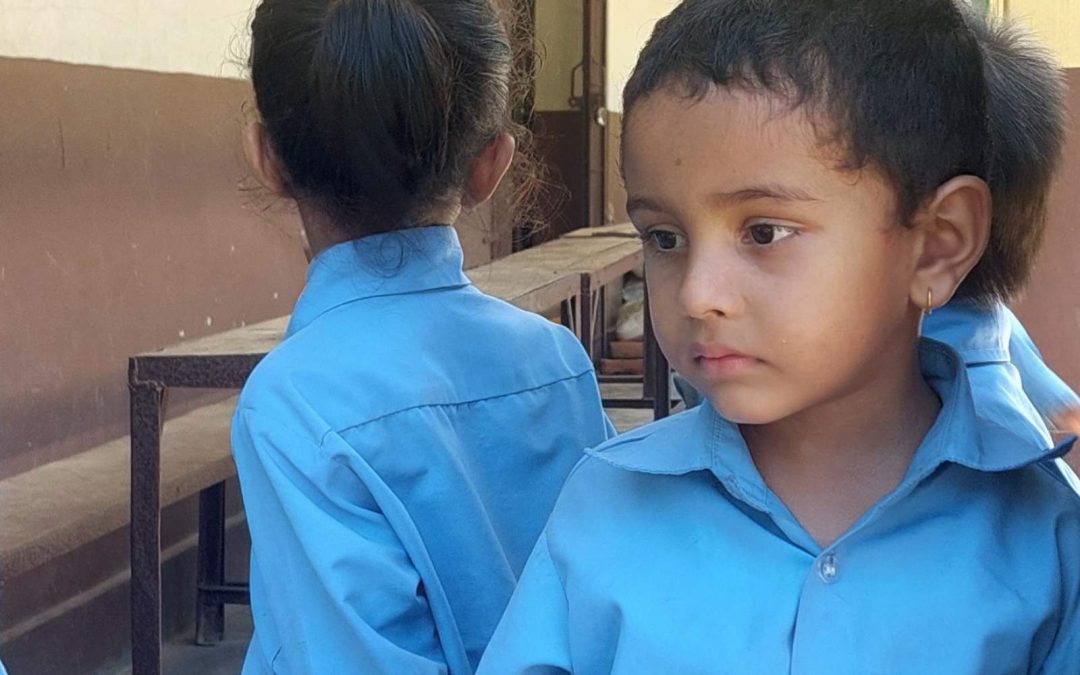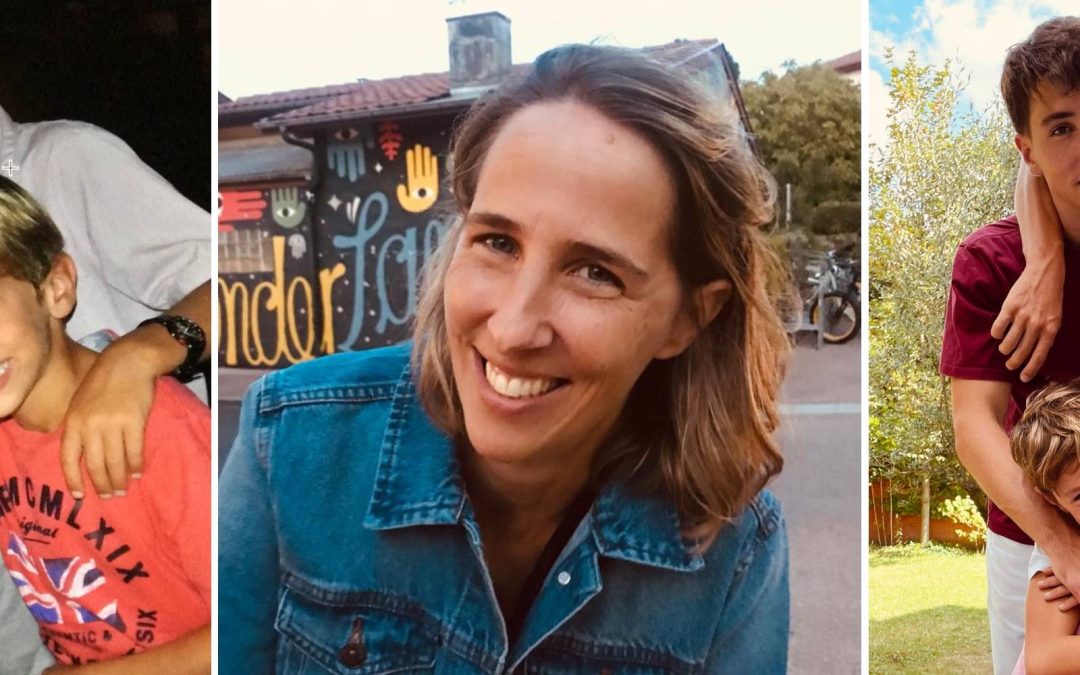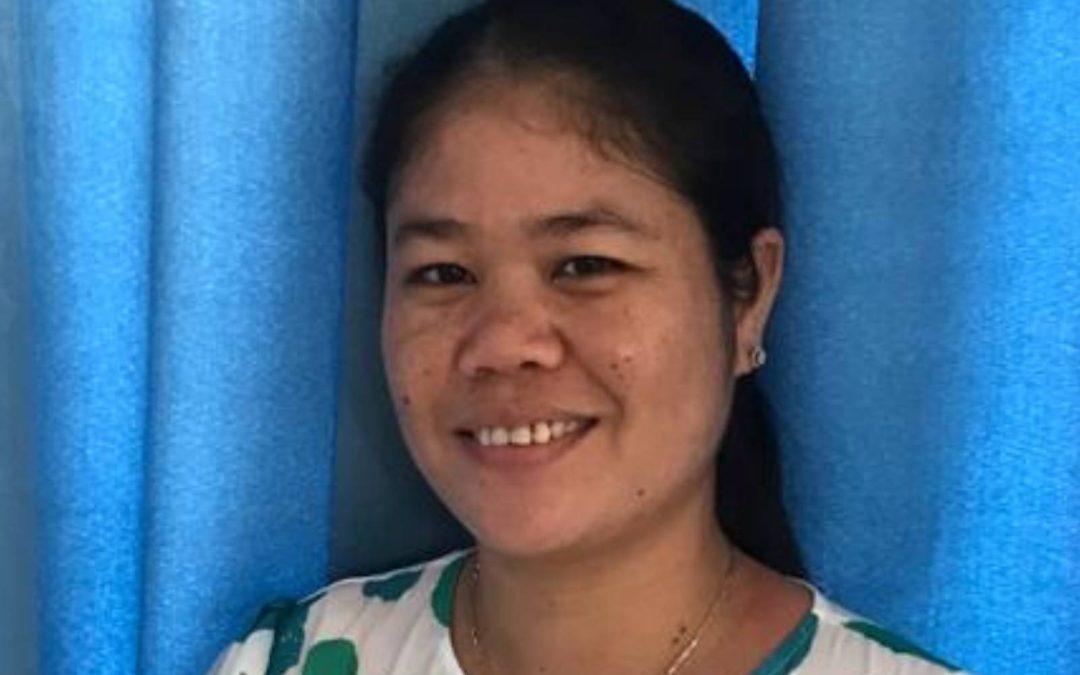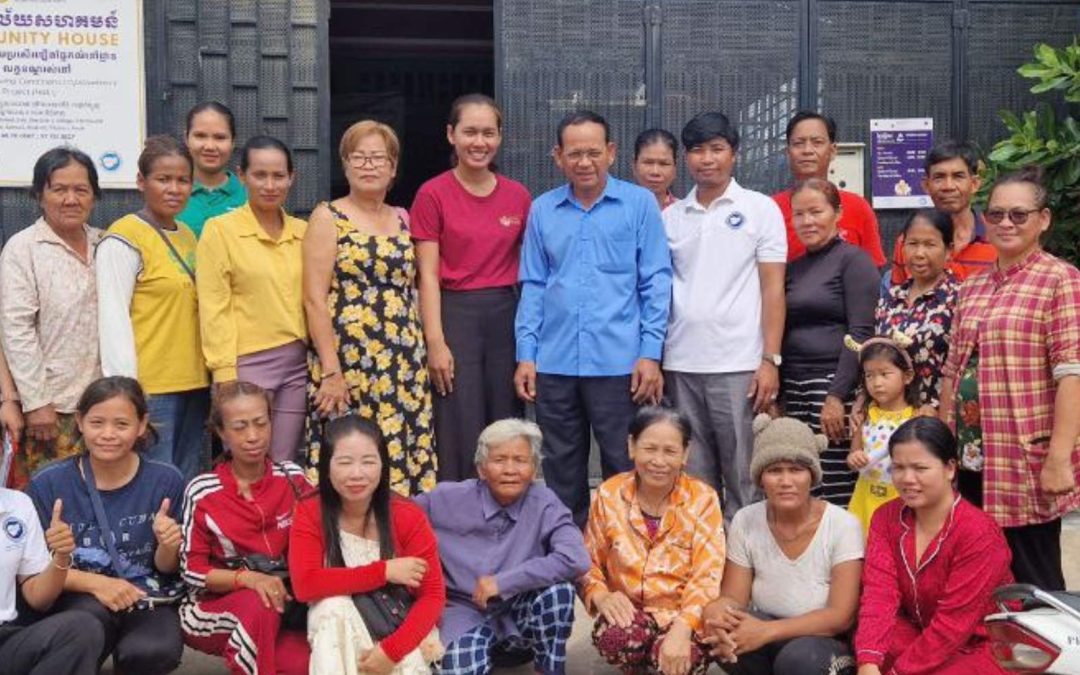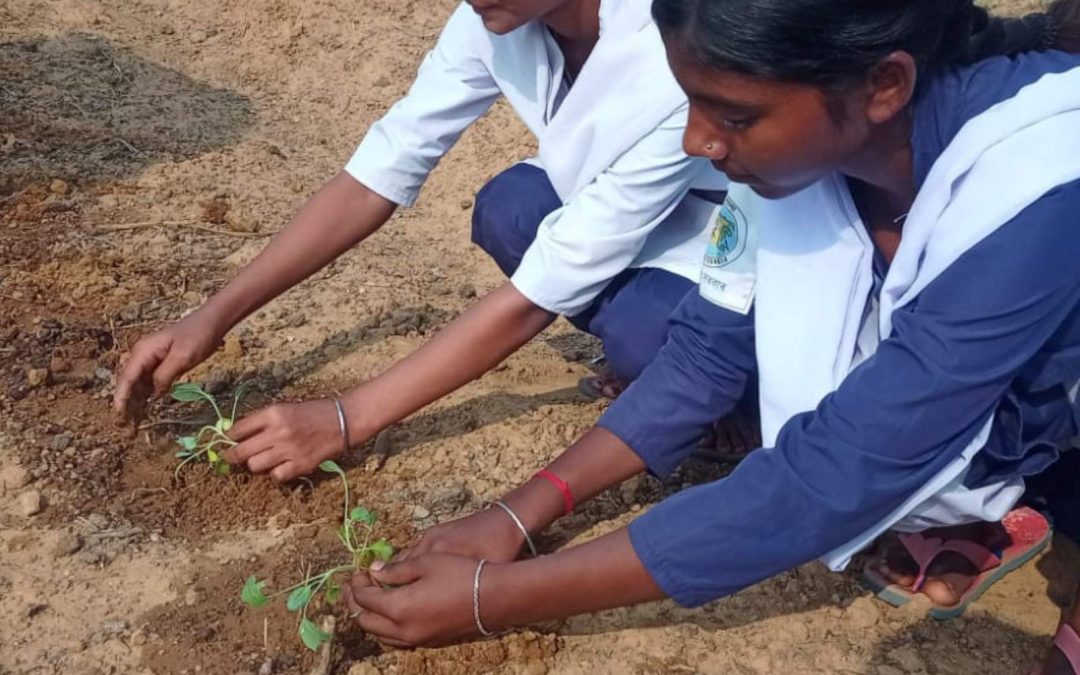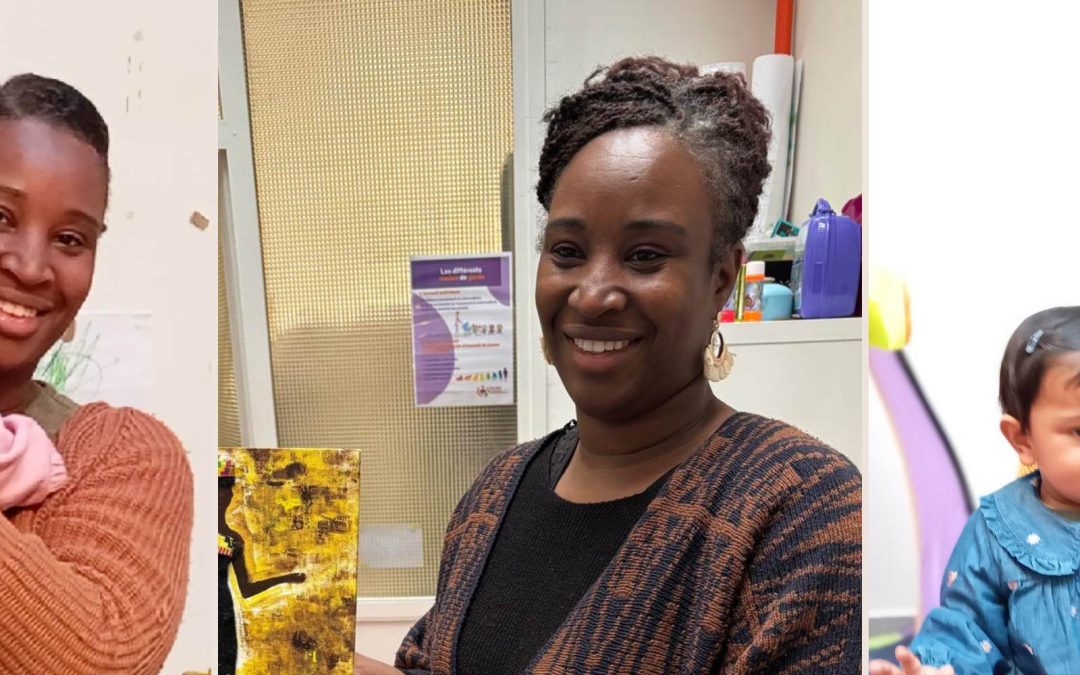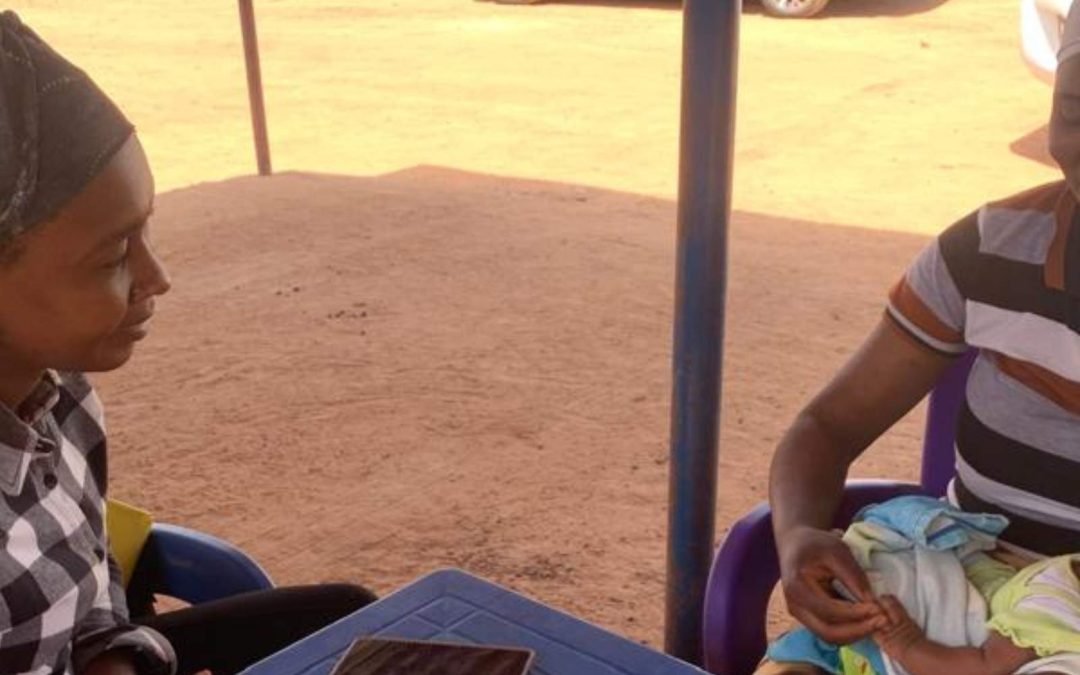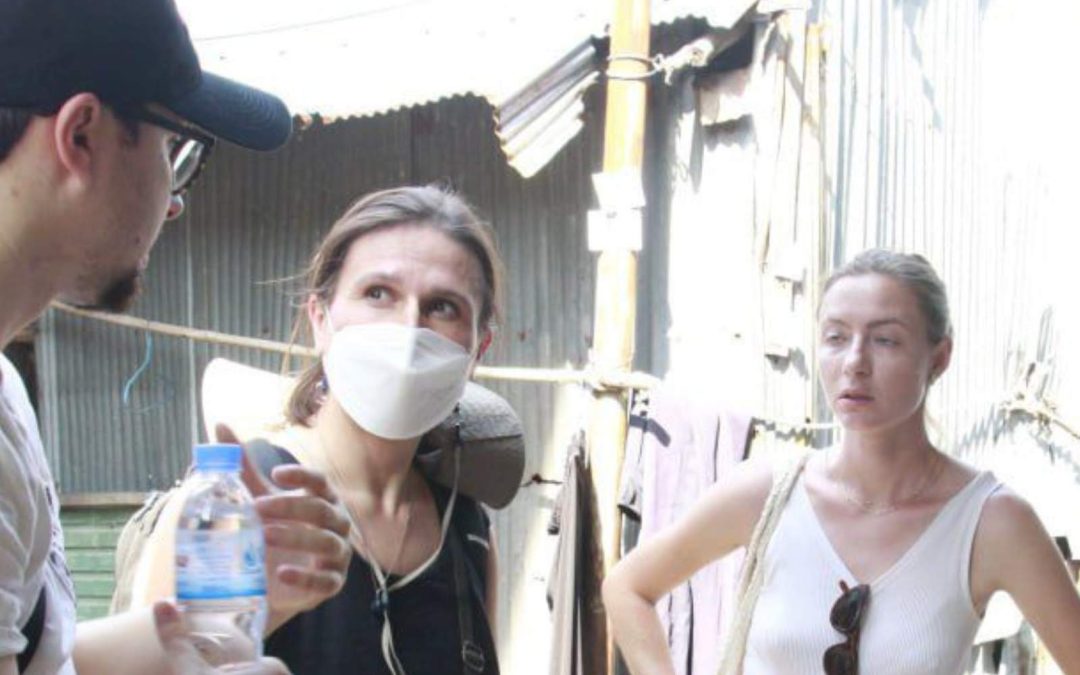This week, we are interested in domestic violence and its consequences on children with Nolwenn Deschard, our Early Childhood Expert. For a child to grow up serenely, he/she must feel physically and psychologically safe. Only when a climate of physical and verbal violence is established between the parents, the child who witnesses this violence becomes a victim. Domestic violence has a strong impact on the development of the child: when the parent suffers, the child feels it.
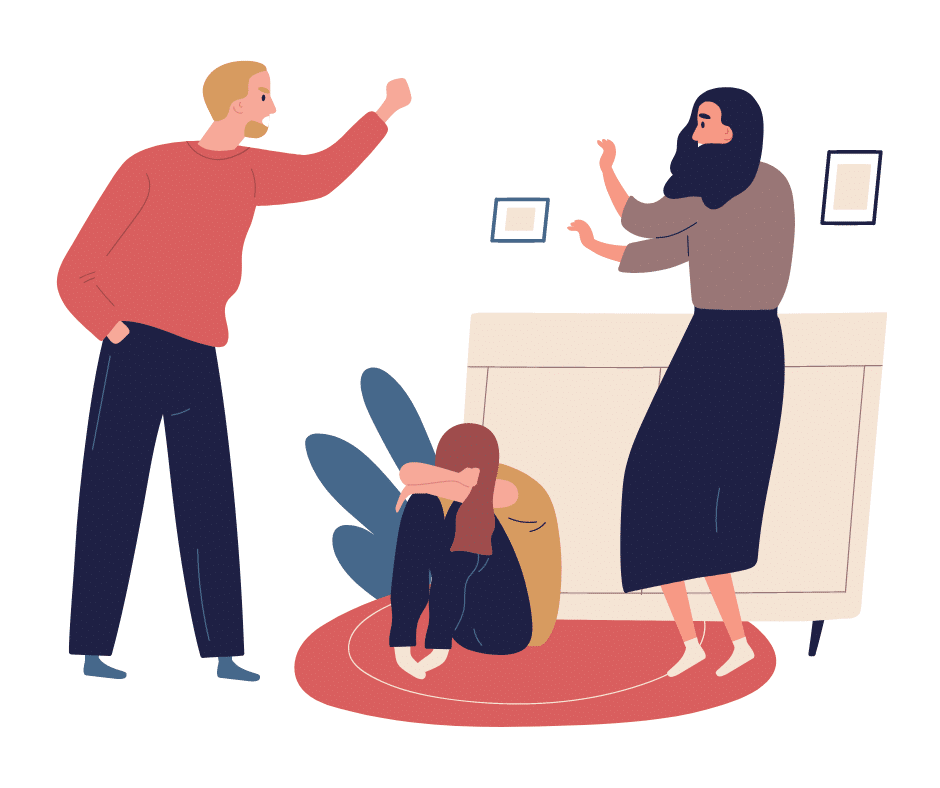
We will therefore try to understand how the cycle of domestic violence is set up before discussing the consequences on children.
From one person to another, the pattern presented below may of course differ.
A cycle is divided into 4 phases:
1.voltage phase
It is characterized by increasingly regular initial outbursts of anger from one member of the couple towards the other.
2. phase of the aggression
After the words, violent gestures are made towards the spouse. The victim feels helpless and does not dare to react for fear of further violence.
3. justification phase
The violent spouse will end up justifying his or her actions by blaming the victim spouse. This is a way of reversing the roles that makes the abused spouse feel guilty.
4. reconciliation phase
In order not to lose control over the couple, the violent spouse ends up apologizing and redoubling his or her attention to show that he or she has changed. A more or less long period of time that will end with the cycle starting again.
Faced with this reproductive pattern, children who witness violence between their parents gradually lose confidence in themselves because they do not feel safe. Over the long term, they can accumulate mental health problems: depression, anxiety...
Although the reactions may differ, the consequences are the same. Children tend to isolate themselves in the home as well as at daycare or school. In some cases, children may be led to reproduce the pattern imposed by the abusive parent. In other cases, the child may suffer long-term physical symptoms such as regular headaches or digestive problems.
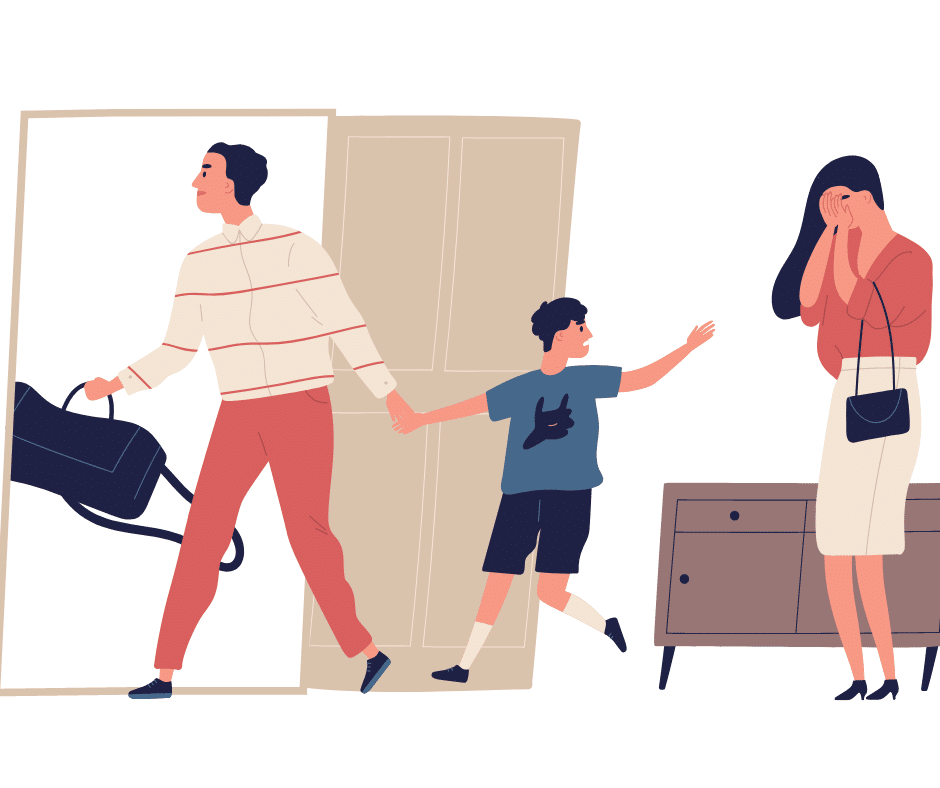
Whether you are a social worker or a witness to domestic violence, you have the power to act and support parents and children who are victims.
1. Do not allow victims to isolate themselves for fear of intimacy. For children, continue to encourage them to participate in all activities that create social ties.
2. Addressing children's emotions: Children who have witnessed violence will have more difficulty managing their emotions. By providing a safe and supportive environment, they will be better able to deal with difficult emotions.
3. Supporting the victimized parent by facilitating the process: enabling the victim to connect with counseling, support groups and legal services.
4. Do not punish a child for challenging behaviours resulting from abuse. It is better to be empathetic.

